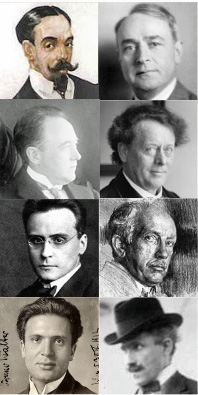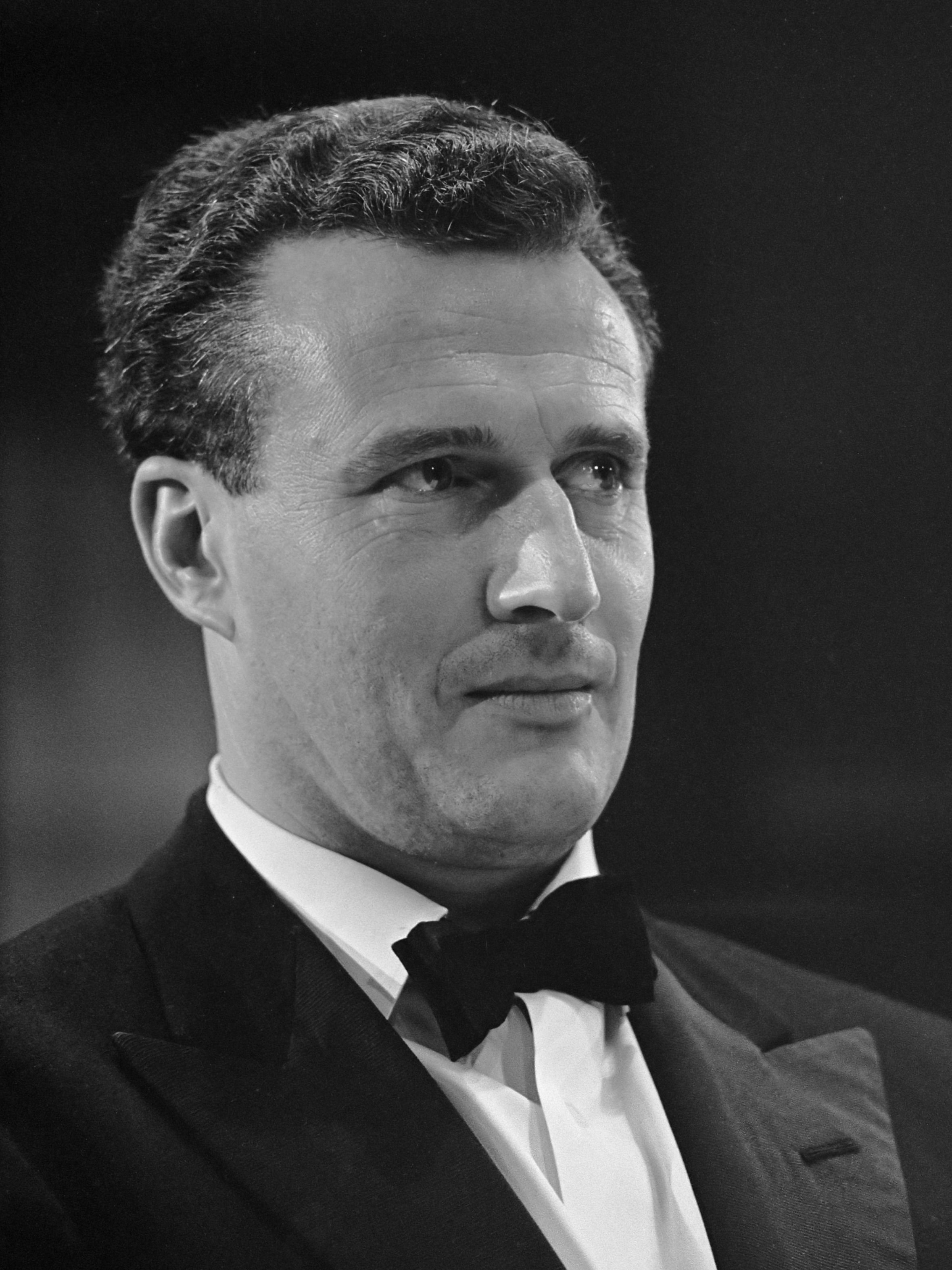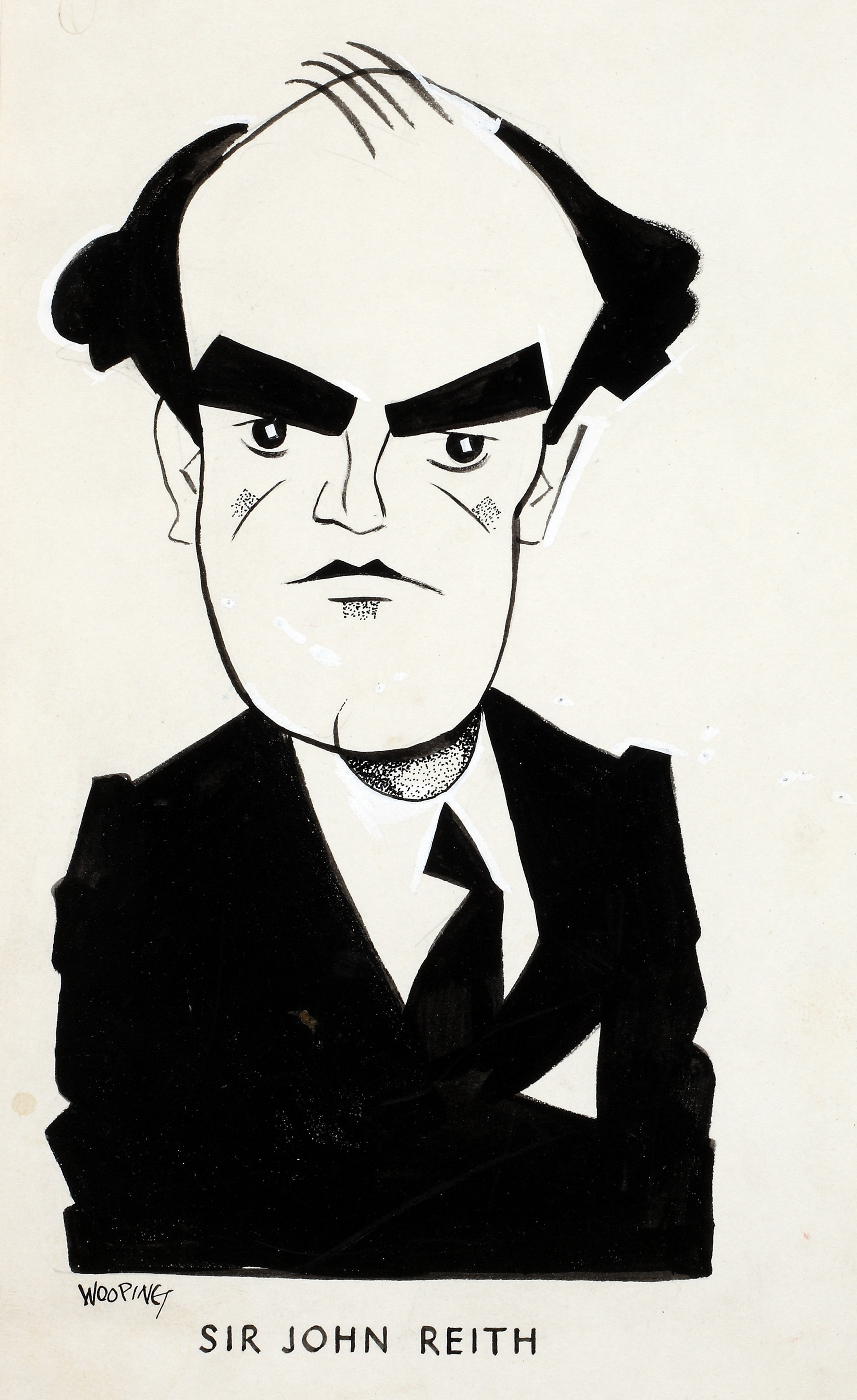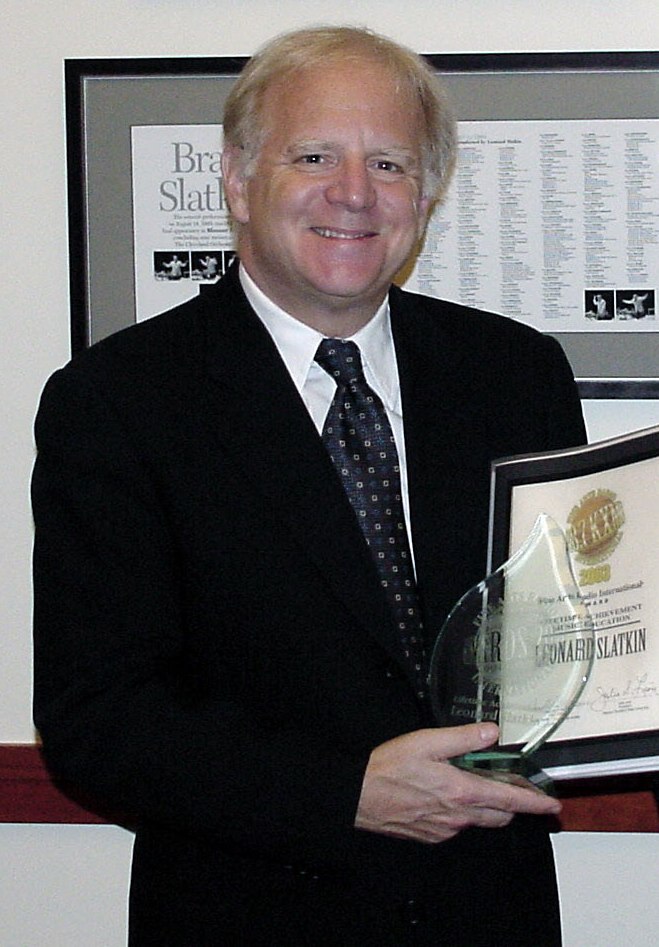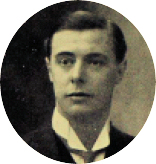BBC Symphony Orchestra
Enlarge text Shrink text- Sibelius, J. Symphony no. 5.
- Stravinsky, I. Oedipus Rex [SR] p1981:label (Orchestra sinfonica della BBC)
- Index to record reviews(Camden 242: Thames Symphony Orchestra [BBCSO])
- Beethoven, L. van. 9 Sinfonien [SR] p1972:label (BBC Symphonie-Orchester London)
- Ears open! [SR] p1991:container (BBC Symphony Orchestra) insert (BBC Symphony Orchestra; Orchestre symphonique de la BBC; das Sinfonie-Orchester der BBC; BBC:n sinfoniaorkesteri)
- Brahms, Johannes. Concerto no. 1, in D minor (op. 15) [SR] 1833?:labels (B. B. C. Symphony Orch.)
- Beethoven, L. van. Symphony no. 4 in B flat major, op. 60, 1940?:labels (B.B.C. Symphony Orchestra)
- Weber, C.M. von. Euryanthe [SR] p2005:container (BBC Chorus & Orchestra)
The BBC Symphony Orchestra (BBC SO) is a British orchestra based in London. Founded in 1930, it was the first permanent salaried orchestra in London, and is the only one of the city's five major symphony orchestras not to be self-governing. The BBC SO is the principal broadcast orchestra of the British Broadcasting Corporation (BBC). The orchestra was originally conceived in 1928 as a joint enterprise by the BBC and the conductor Sir Thomas Beecham, but the latter withdrew the next year and the task of assembling and training the orchestra fell to the BBC's director of music, Adrian Boult. Among its guest conductors in its first years was Arturo Toscanini, who judged it the finest orchestra he had ever conducted. During and after the Second World War, Boult strove to maintain standards, but the senior management of the post-war BBC did not allocate the orchestra the resources to meet competition from new and well-funded rivals. After Boult's retirement from the BBC in 1950, the orchestra went through a fallow period. Boult's successor, Sir Malcolm Sargent, was popular with the public but had poor rapport with his players, and orchestral morale dropped. Sargent's successor, Rudolf Schwarz, made relatively little impact, and although the BBC appointed high-profile chief conductors in the 1960s and 1970s – Antal Doráti, Colin Davis, Pierre Boulez and Gennady Rozhdestvensky – the BBC SO remained underfunded. However, because it was the sole symphony orchestra in London that offered its players full-time contracts, players of high repute, including Alan Civil (horn) and John Wilbraham (trumpet), enrolled as regular members. As a result of initiatives begun in the 1960s by the BBC controller of music William Glock, performing standards rose appreciably. Under Andrew Davis in the 1990s and Jiří Bělohlávek in the 2000s, the orchestra prospered. By the second decade of the 21st century, the BBC SO was regarded by critics as of first-class status. From the outset, the orchestra has been known for pioneering new music, and it continues to do so, at the Proms, in concerts at the Barbican Centre, and in studio concerts from its base at BBC Maida Vale studios.
Read more on Wikipedia >
 Corporate Body
Corporate Body





